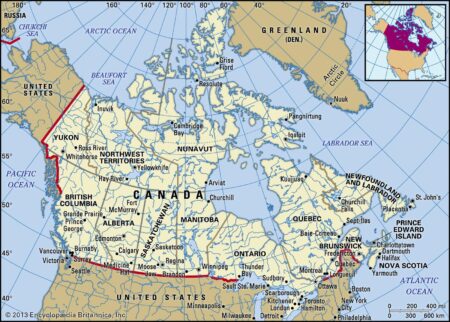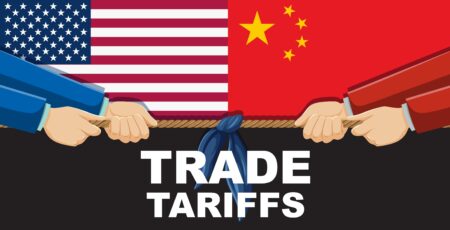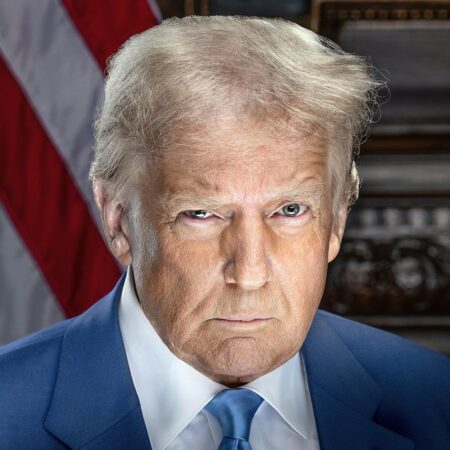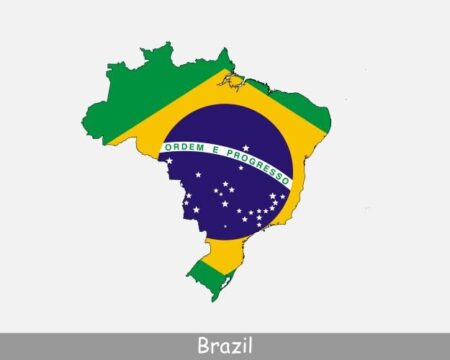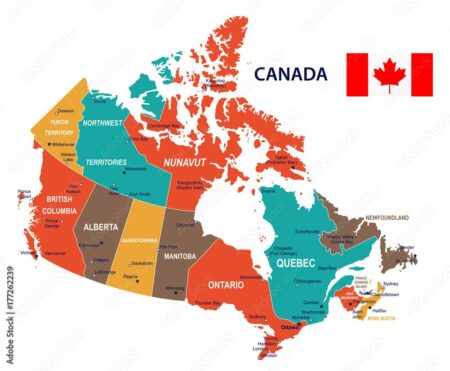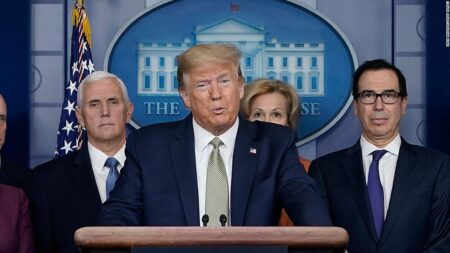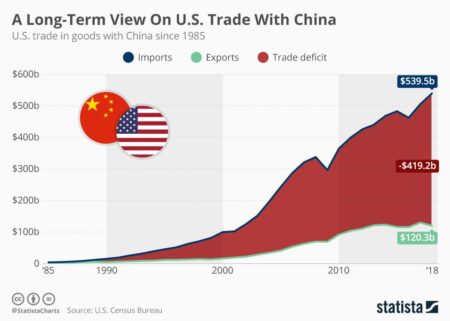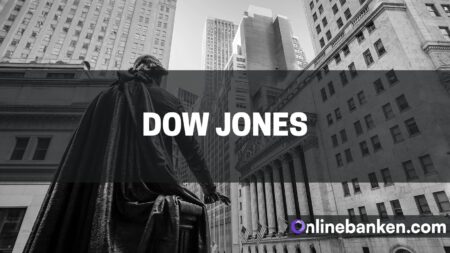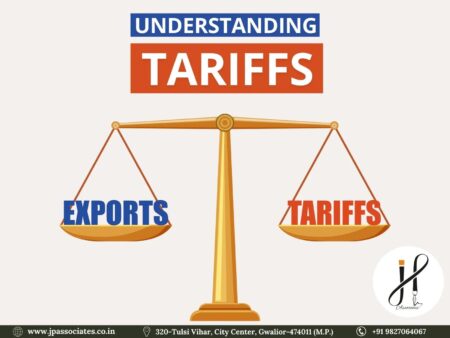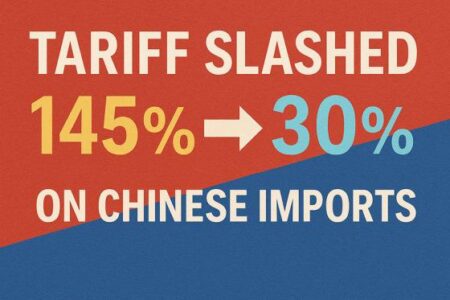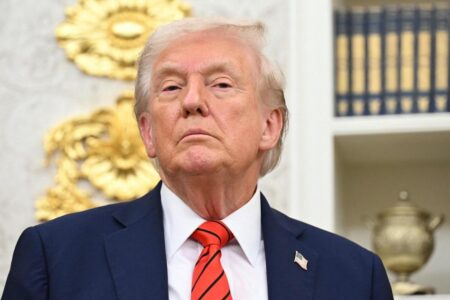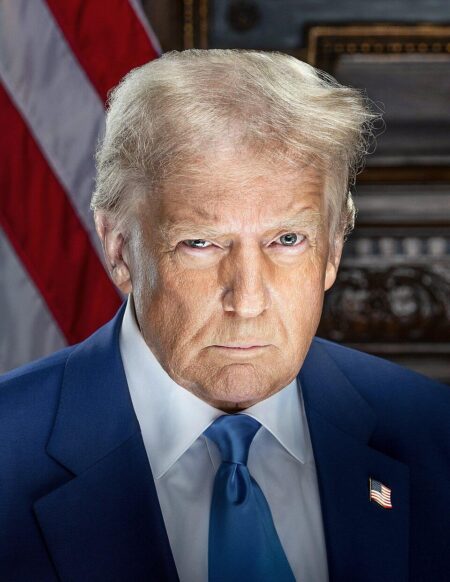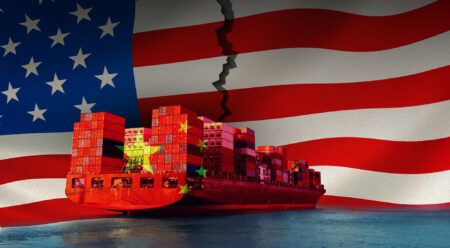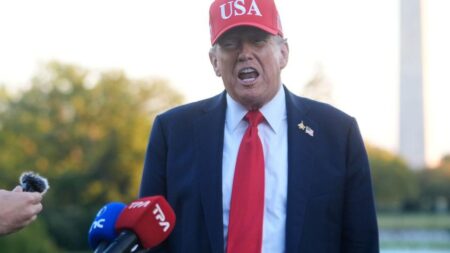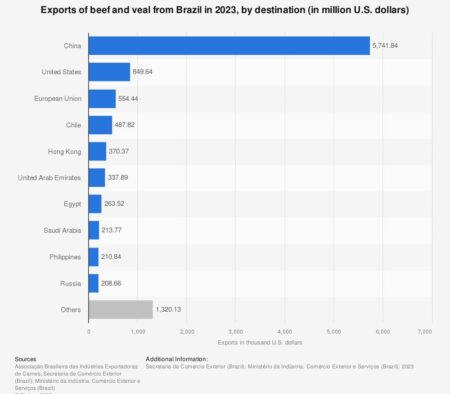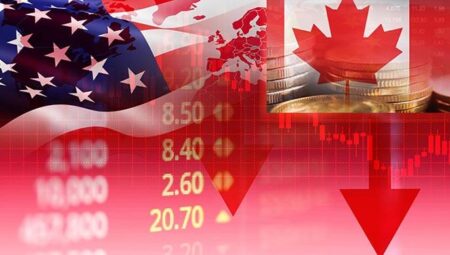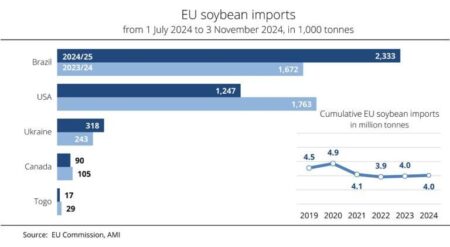Canada has brilliantly transformed Trump’s trade attacks into a golden opportunity, leveraging multilateral agreements and sharp diplomacy to lead the world in defeating protectionism and safeguarding economic stability
Browsing: trade policy
Italy fires back with fierce determination after Donald Trump accuses Prime Minister Giorgia Meloni of brokering an ‘EU-defying’ trade deal. These explosive claims have sparked a political firestorm, as Rome resolutely reaffirms its dedication to upholding EU regulations
Ranchers have passionately denounced the Trump administration’s plan to purchase beef from Argentina using US tax dollars, calling it “a betrayal” of hardworking American farmers who are already battling trade tensions and difficult domestic challenges
As U.S.-China tariffs transform global trade, a dynamic Tanzanian entrepreneur is boldly stepping into the spotlight. Shifting supply chains are unlocking fresh opportunities for emerging markets ready to rise and fill the gap left by soaring costs
An analyst reveals that former President Trump opposes car manufacturing in Canada, casting uncertainty over Stellantis’ future operations. As U.S. trade policies shift, the automaker now confronts major challenges ahead
Brazil’s explosive surge in digital spending is grabbing headlines and sparking intense debate across U.S. political circles. As economic alliances evolve, this dynamic trend has emerged as a key focus in former President Trump’s trade discussions
Canada is eager to broaden its trade partnerships, but the Canadian Climate Institute stresses that building climate-resilient infrastructure is crucial to support this shift and safeguard the economy against the rising dangers of extreme weather
The Trump administration, known for its bold “America First” stance, is now making a surprising move by providing financial aid to Argentina as the country faces a worsening economic crisis. This unexpected decision ignites a lively debate about how the U.S. juggles its national interests with the demands of global economic stability
U.S. Trade Representative Greer announced that tariffs on Chinese goods could be implemented sooner than anticipated, signaling escalating tensions in the intense trade showdown between the world’s two largest economies
Dow Jones futures soared as President Trump signaled an “eternity” stance before imposing a staggering 100% tariff on Chinese goods, igniting fierce trade tensions and sending shockwaves through the markets
Former President Trump has just unleashed a bold new 100% tariff on Chinese imports, escalating tensions and reigniting the fierce trade war with Beijing. This dramatic move sends shockwaves through the economy, raising serious concerns about potential fallout and threatening to disrupt global market stability
Former President Donald Trump has just unveiled a bold new strategy: a sweeping 100% tariff on Chinese goods, set to take effect next month. This aggressive move aims to intensify trade pressure amid escalating U.S.-China tensions, sending shockwaves through key industries and shaking up the flow of imports
President Trump has just unveiled a bold new strategy: beginning this November, every Chinese import will be hit with an extra 100% tariff. This striking escalation intensifies trade tensions and piles immense pressure on China amid crucial negotiations, sending shockwaves through global markets and businesses around the world
Former President Donald Trump has announced a daring move to impose a staggering 100% tariff on all Chinese imports, ramping up the trade battle between the U.S. and China, NBC News reports. This bold strategy aims to directly confront trade imbalances and protect American industries from overseas rivals
Markets plunged sharply after former President Trump announced a daring 100% tariff on Chinese goods, doubling the existing rates. This bold escalation has intensified trade tensions, rattling the global economy with far-reaching impact
Former President Trump has fired a bold warning shot, threatening fierce trade war retaliation after China rolled out new restrictions on rare earth exports. This dramatic move escalates the high-stakes battle over vital mineral supplies that fuel U.S. technology and defense industries
Brazil’s beef exports to China have soared, fueled by U.S. tariffs introduced during the Trump era that are reshaping global trade. This dramatic shift highlights how protectionist policies are steering demand away from traditional markets, opening exciting new doors for South American suppliers
Farmers across the U.S. have faced tough battles due to tariffs imposed during Trump’s administration. Now, the former president is launching an exciting new initiative aimed at revitalizing Argentina’s agricultural sector like never before
The Canadian Federation of Independent Business is sounding the alarm: soaring tariffs in the Canada-U.S. trade war are threatening the survival of small businesses. They’re urging the government to take swift action to protect cross-border trade and secure our economic future
Farmers are urging former President Trump to take action and help break the deadlock on soybean trade with China amid ongoing tariff battles. They emphasize that reliable export markets are vital to keeping the U.S. agricultural economy strong and thriving

